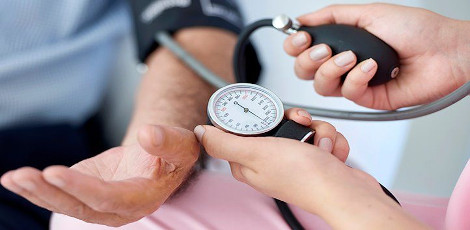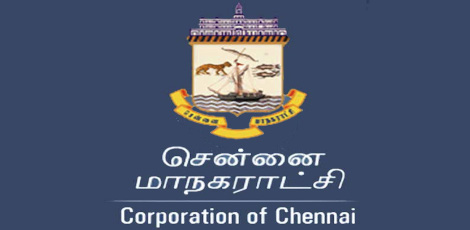National Nutrition Week 2018: National Nutrition Week 2018: Veganism: The smart way to practice
Posted on: 04/Sep/2018 5:03:13 PM

The trend of veganism and formation of vegan society originated in western countries during 19th century but this is an age old practice in India. Vegans are the ones who practice vegetarianism by excluding all animal products and commit to use animal free cosmetics, food and clothing. Going on veganism involves eliminating meat , milk , poultry , honey , animal derived additives , since this is believed as cruelty free and an �ethical vegan� is the one who influences others to practice the same.
A young girl, unmarried walked into my OPD with history of PCOD, a strict Vegan since 2 years with complaints of excess weight gain, weakness, fatigue, hair fall and repeated back ache. The girl was asked to get screened for deficiencies and thereby was diagnosed and treated for severe deficiency of Vitamin B12 , D3 , Iron and Calcium. As a Nutritionist I respect the choice and beliefs of my patients but one should get a thorough personalized meal plan from an expert in Nutrition to balance their diet and understand to eat right before they decide to start practicing any imbalanced meal pattern.
A Vegan diet is proved to reduce the risk of developing Heart disease or Diabetes, helps to manage your weight butan imbalance in a vegan meal plan can depreciate one�s quality of life and health due to lack awareness and knowledge in including vital nutrients which is essential for all age group. Veganism is mostly discouraged in children and pregnant women since an imbalanced meal plan can have detrimental effects among them leading to anemia and impaired growth and development.
A Vegan should remember to keep a watch on 5 specific nutrients such as IRON,CALCIUM, VITAMIN B12 , PROTEIN AND ESSENTIAL FATTY ACIDS SUCH AS OMEGA 3 .A Plant based vegan diet consists of non-heam or indirect source of IRON(dried fruits , leafy vegetable , millets , soya , sprouts , etc) which is better absorbed in the presence of Vitamin C rich foods such as amla , guava , orange , kiwi , broccoli , bell pepper etc. Vegan diet excludes Dairy which is an important source of calcium, phosphorous, protein and hence to be compensated with other sources to prevent weakening of your bones and reduced muscle mass. Our body cannot prepare the essential fats so it�s important to get them through food. An animal source of omega 3 is super food for your brain and reduces the risk of heart diseases but plant sources of omega-3 fats includes linseeds/flaxseeds, walnuts, chia seeds, soy bean oil and canola oil which needs to get converted into active form to get utilized in our body . Vitamin B12 is found naturally in animal products, low B12 levels can cause anemia and nervous system damage so check and eat foods fortified with vitamin B12.
Vegan diet involves high intake of fiber rich foods like vegetables, fruits,seeds, nuts, bran and whole grain foods that contain phytic acid. Phytic acid binds nutrients such as zinc, calcium, magnesium and iron, reducing their absorption in the intestine. Only a �SMART VEGAN� can prevent illness and this is only possible with the help of Nutrition Care Plan.
Checklist for Vegans to practice smarteating:
Get a personalized meal plan from a certified Dietitian to ensure all the essential nutrients are included in right proportioion.
Limit the intake of caffeinated drinks such as coffee/tea/carbonated drinks which hinders the absorption of nutrients.
Include alternate source of calcium rich sources such as soya/ tofu, leafy vegetable like moringa leaves and almond milk. Focus also on calcium fortified foods.
If you have been on supplements for long, watch out for the symptoms of toxicity or effects of hypervitaminosis.
To ensure adequate intake of protein rich foods such as sprouts, lentils/dhal,beans,nuts, mushroom etc. This helps to retain your muscle mass and improves your metabolism.
Meet your Physician and Dietitian regularly to understand the routine screening tests to prevent and treat the result of imbalance in your meal plan.







